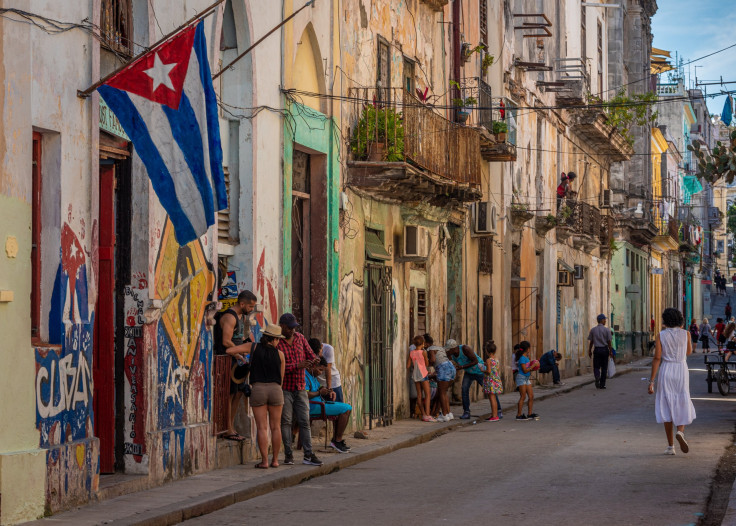
The United States and Cuba are at odds over the diplomatic steps needed to be taken by each other in order to make significant advancements in their relationship.
The Biden administration has touted a series of recent concessions, including removing Cuba from a list of countries not fully cooperating with U.S. antiterrorism efforts and allowing Cuban officials to visit security facilities at Miami International Airport, a move that drew widespread condemnation from Democrats and Republicans in Florida. The Treasury Department also implemented a 2022 rule that grants Cuban entrepreneurs access to American banking services and financial platforms.
However, Politico reported that the U.S. is not prepared to make any further concessions before seeing an improvement in the Caribbean country's human rights record.
In contrast, Cuban diplomats claim the U.S. has been inconsistent, with the measures only benefiting a limited part of the Cuban society.
The criticism comes as the economic crisis in Cuba continues to deteriorate, with a new report by the Cuban Observatory of Human Rights (OCDH) indicating that 89% of the population will end the year living in extreme poverty.
More granularly, 86% of Cuban households exist on the margins of survival, with 61% unable to afford basic necessities. Public dissatisfaction with the government's economic and social management is at an all-time high, with 91% of respondents giving such an answer and 4% viewing it favorably.
This economic decline has led to a significant exodus, with the Cuban population decreasing by 18% over the past three years, according to a study by a local demographer.
This impasse arises at a time when the political calculus in the United States may be shifting. Traditionally, Democratic administrations have been cautious about engaging with Cuba during their first term due to concerns about the political repercussions in Florida, home to a large Cuban exile community. However, the influence of Cuban American voters in Florida appears to be waning as the state increasingly supports Republican candidates, and Democrats are focusing on other battleground states.
Despite this, mending ties with Havana remains politically sensitive. The recent resignation of Senator Bob Menendez (D-N.J.) as chair of the Senate Foreign Relations Committee may reduce some institutional resistance, but any move toward expanded cooperation with Cuba would likely provoke strong opposition from Republican lawmakers, particularly those representing South Florida's Cuban American community.
Senator Marco Rubio (R-Fla.) has accused the Biden administration of laying the groundwork for closer alignment with the Cuban government, which he argues could embolden Havana's destabilizing activities in the region.
Meanwhile, progressives within the Democratic Party are advocating for a more significant shift. Representative Jim McGovern (D-Mass.) has called for a reassessment of the policy, suggesting that a new approach is necessary to break the longstanding deadlock.
© 2025 Latin Times. All rights reserved. Do not reproduce without permission.






